
Furthermore, the PGL companies: PGL, LS Airport Services, LOTAMS, LS Technics and the Polish Aviation Academy have adopted a goal to reduce greenhouse gas emissions (CO2e) by 42% by 2030 compared to 2022 levels. This target pertains to direct emissions from fuel combustion and the use of refrigerants (Scope 1) as well as indirect emissions resulting from the consumption of electricity and district heating (Scope 2).



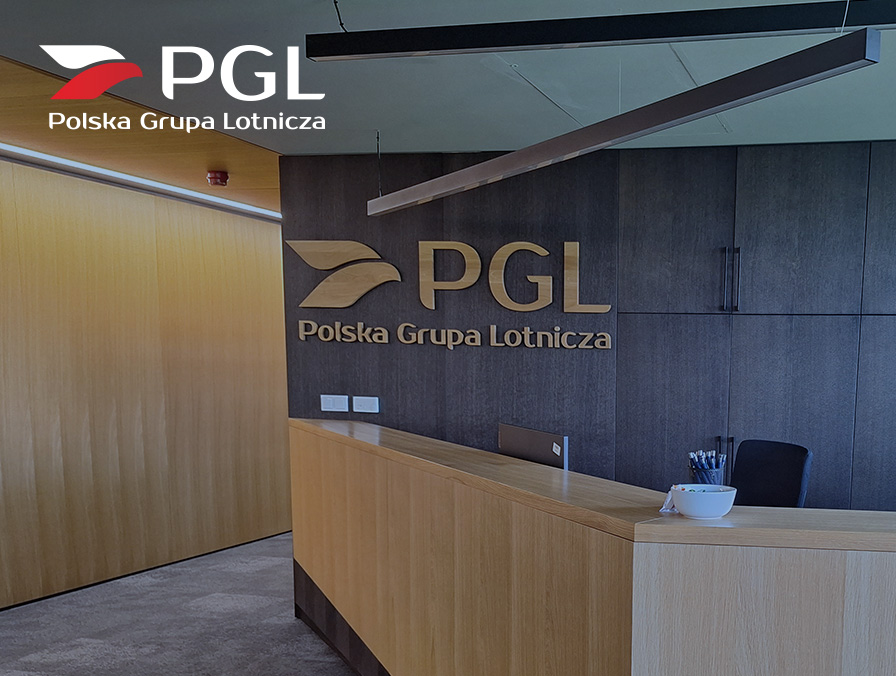


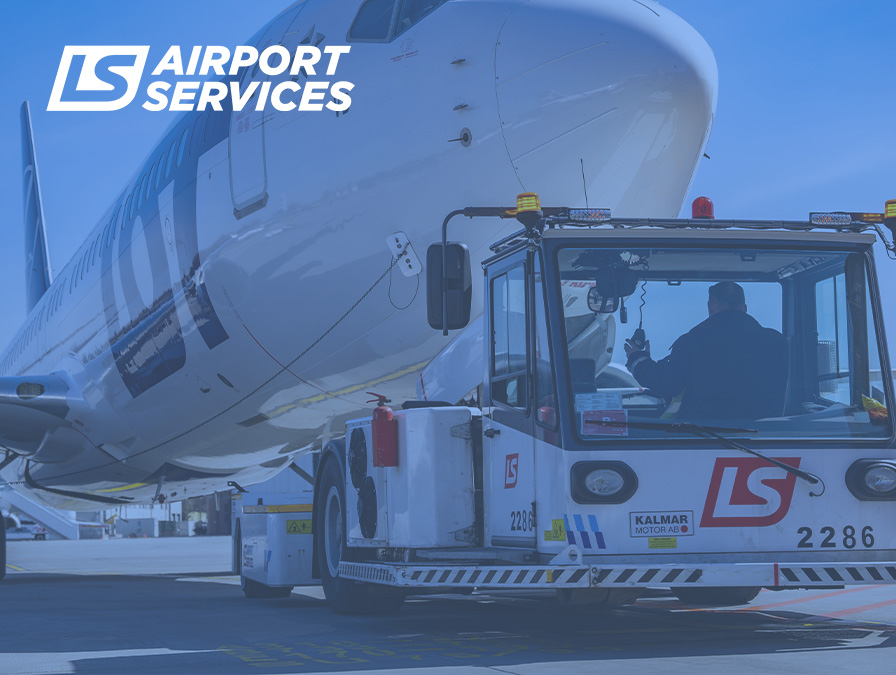
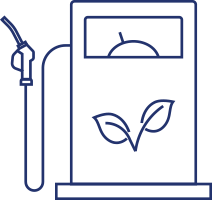


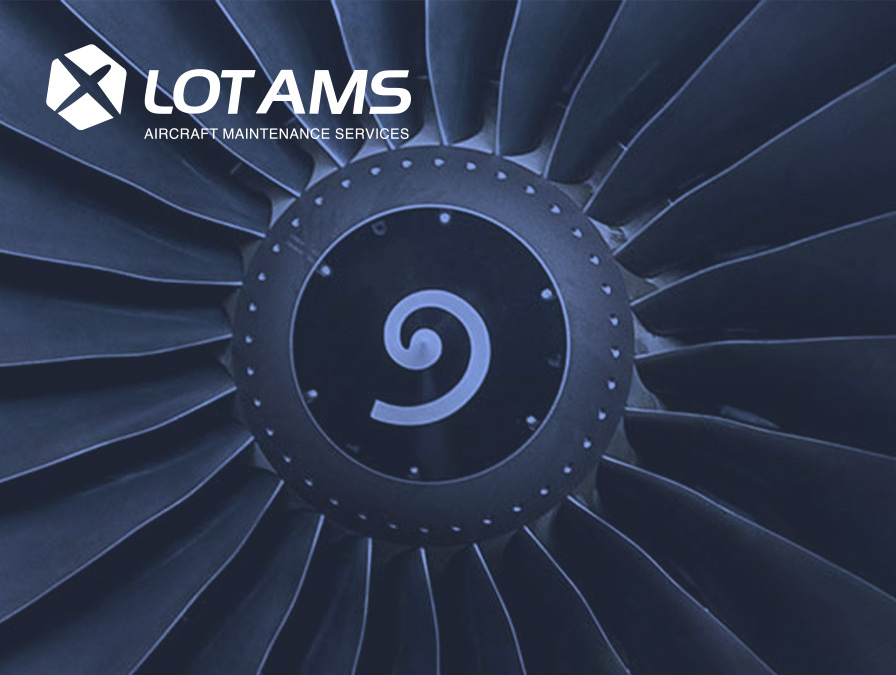




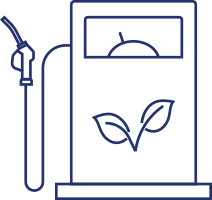
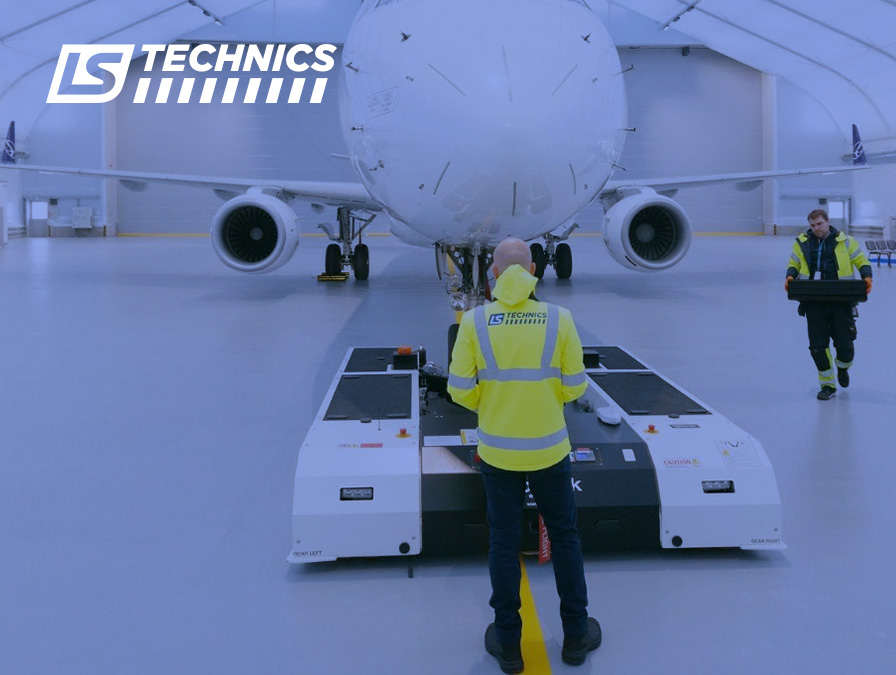




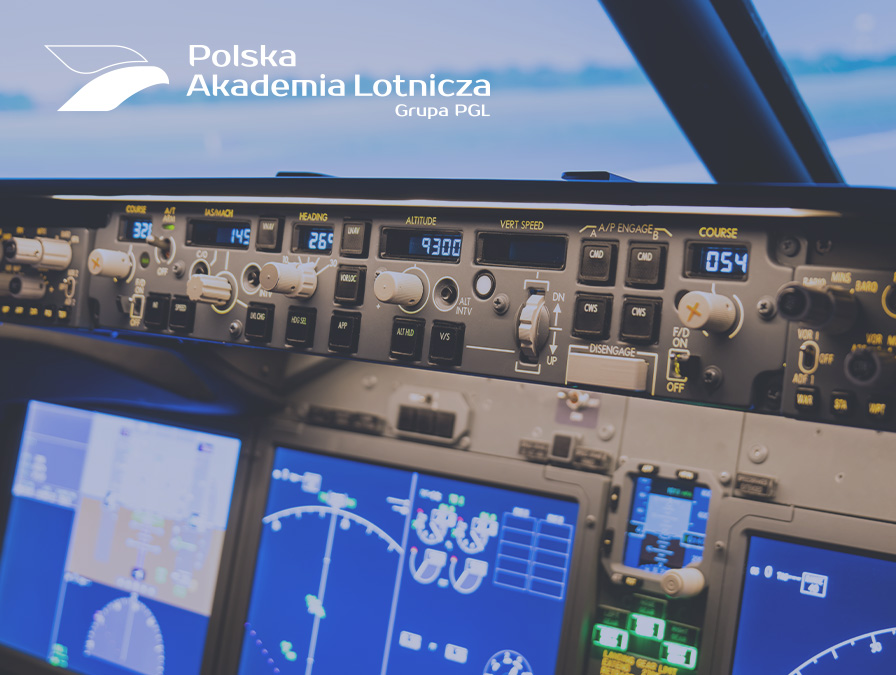





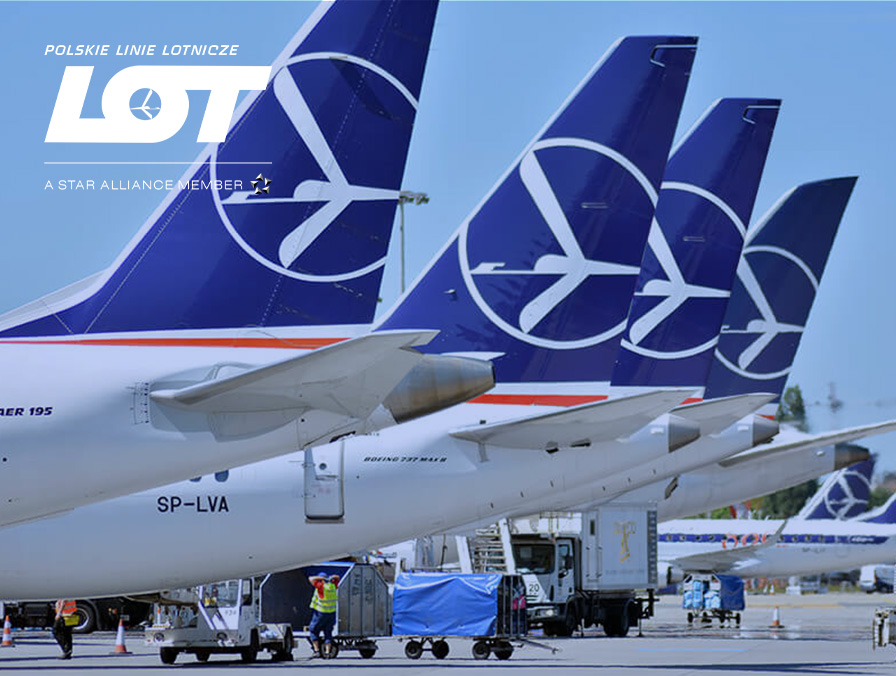






REFERENCES
Scope 1 – direct emissions from fuels and refrigerants
Scope 2 – indirect emissions from electricity and district heating
Scope 3 – indirect emissions related to the entire value chain, including purchases and services

